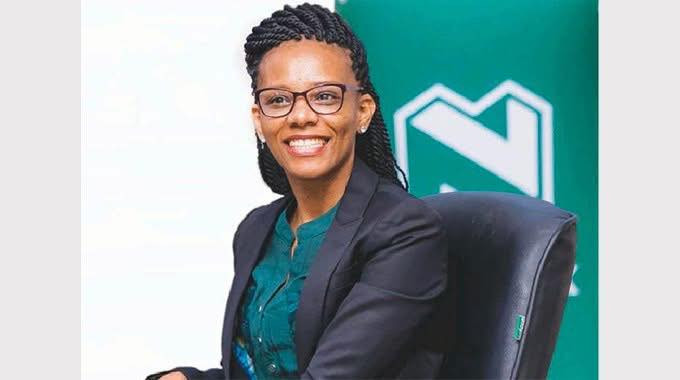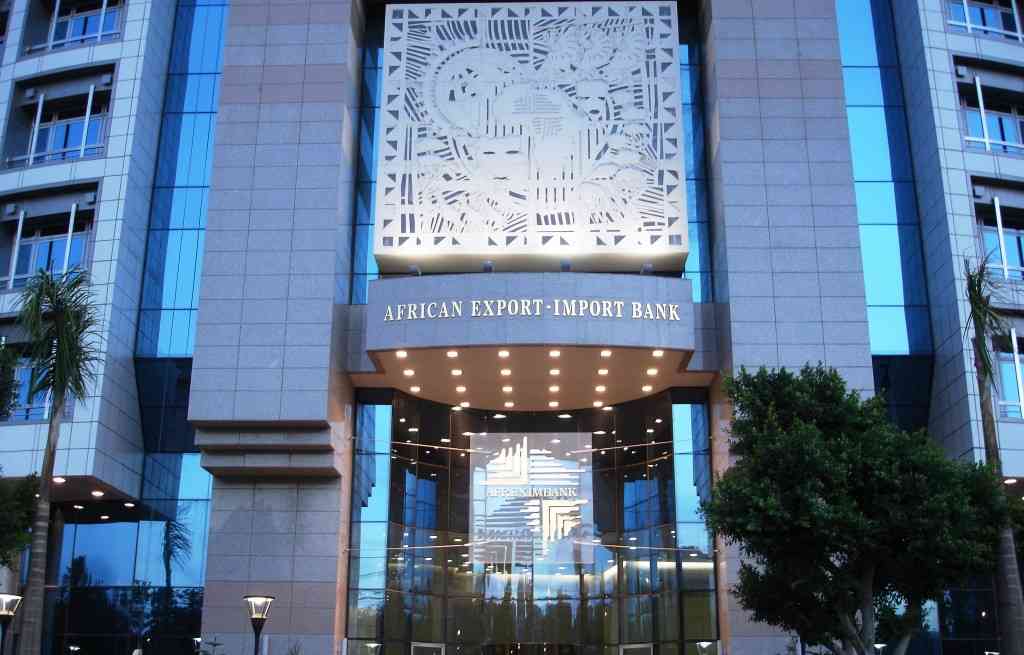
THE Institute of Chartered Accountants of Zimbabwe (Icaz) has referred to the International of Financial Reporting Standards (IFRS) interpretations committee a matter of difficulty that has arisen in the consolidation of foreign subsidiaries, businessdigest has learnt.
This comes at a time when businesses in Zimbabwe continue to face accounting and reporting issues due to rising inflation and the odd foreign exchange position in the nation.
Since the government ordered the 1:1 conversion of United States dollar accounts to Zimbabwean dollar in February 2019, which was against international accounting norms, reporting companies have consistently gotten unfavourable audit findings on their results.
And in July 2019, after evaluating the effects of high inflation on the economy, the Public Accountants and Auditors Board recommended the introduction of “hyperinflation reporting”, which necessitates the use of conversion factors that are influenced by inflation and exchange rate data.
However, the profession is struggling to provide accounting and reporting new meaning as significant ambiguity surrounding these measurements has emerged, according to the most recent issue of Institute of Accountants Zimbabwe (Icaz) magazine.
One significant issue that has resulted from this, according to Icaz chief executive William Mandisodza, is the consolidation of companies with foreign jurisdictional residences.
He said, according to the magazine, the wording in the concerned standards was difficult to apply in Zimbabwe, “because the line-to-line numbers become meaningless”.
“We could not find an answer for this, and we have referred the matter to the interpretations committee,” he said according to the magazine.
- Thousands flee economic mess
- Handling scenarios not covered by IFRS
- Zanu PF stretching the truth on prices
- Zim food inflation tops world: WB
Keep Reading
At the time of the institute’s Winter School in 2021, the discussion was around how to transition from hyperinflation to normal accounting, as Zimbabwe’s inflation was on a downward trend, having come down from a peak of 837% in July 2020 to below 100%.
The authorities were also forecasting inflation to close 2021 in single digits.
Mandisodza said Zimbabwe was still in the jaws of hyperinflation because inflation was now back above 100%.
“So, it looks like hyperinflation accounting will continue for the foreseeable future,” the magazine reveals.
Major issues around reporting, Icaz boss said, are still emanating from the use of multiple exchange rates in the economy.
“There is also a question around whether the official exchange rate meets the requirements of a spot rate, according to the standards. We concluded that the official rate presents a difficulty in compliance with international accounting standards,” he said.
Zimbabwe conforms to rules set by the International Accounting Standards Board, which define an appropriate exchange rate for accounting purposes as that which one can immediately transact.
The official rate in Zimbabwe is determined weekly, through the Reserve Bank of Zimbabwe’s auctions, which have had disbursement delays of more than six weeks. There is also the parallel market rate, which sets the tone for most of the pricing in the economy.
“To make matters worse, the rates are not consistent and observable. At any given instance, the parallel market rate, for example, will fall within a huge variation band, say 600 to 950 to the greenback,” Mandisodza said.
There has also been a debate around the Consumer Price Index (CPI), which is used to convert the inflation adjusted financials.
Concerns have been raised over the integrity of figures computed and published by the Zimbabwe National Statistics Agency (ZimStat).
Renowned American economics professor, Steve Hanke, calculates and publishes his own inflation numbers for Zimbabwe, which have been consistently different from official statistics since 2008.
Icaz’s position on the matter has, however, been to accept ZimStat figures as the “appropriate” CPI.
“The rationale being that we are preparing general purpose financial statements and the national index has been consistent for more than 25 years, with regards to the basket it measures,” Mandisodza said.
“There was also a practical consideration that if we were to estimate the CPI, there would likely arise disagreements among us in terms of the appropriate rate.”
Another issue that has seen companies’ statements being red-flagged by auditors is the valuation of plant, property and equipment (PPE).
Here, Mandisodza said the majority of reporting companies in the country have moved to a revaluation model in the quest for “sensible” valuations.
The most common methodology has been getting a US dollar valuation that would then be converted, “but there is a challenge with the rate”.
“Generally, auditors are uncomfortable about how property valuations are being done mainly because the Zimbabwe dollar has only been in existence since 2019.
The development of reliable inputs to any model of valuation is difficult without good history. And the confusion of the currencies in the determination of these values is causing a lot of distortions,” Mandisodza said.
“This situation should improve as we get more data on Zimbabwe dollar observable transactions.”










